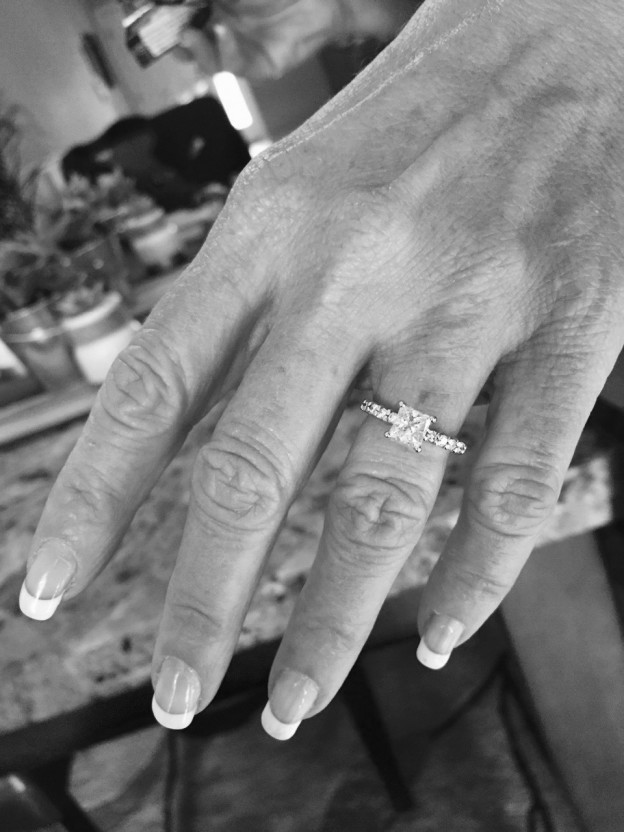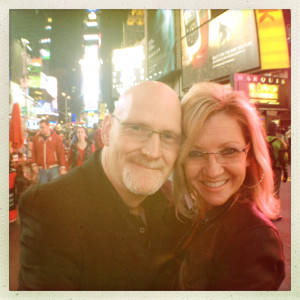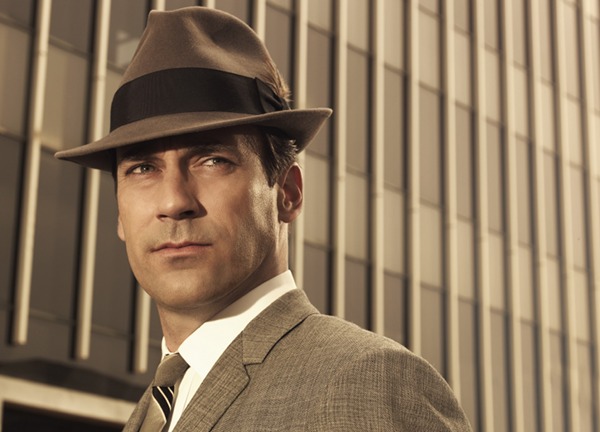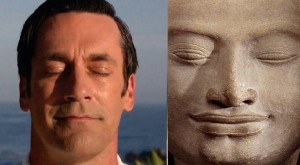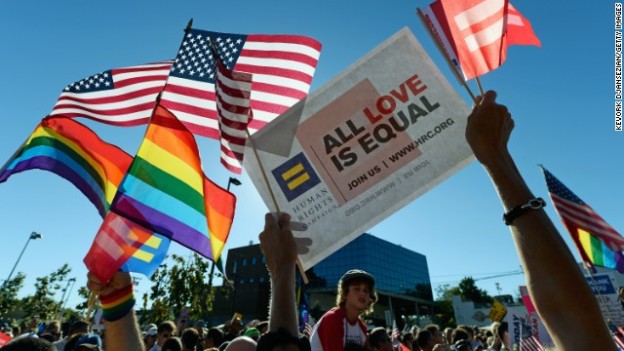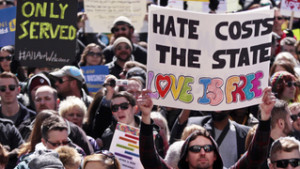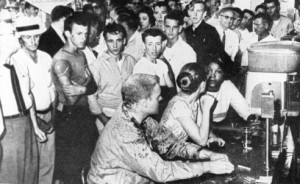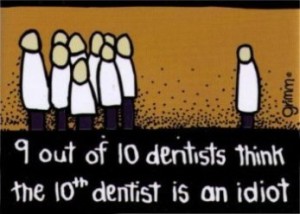May 24, 2015
Welcome, friends, family, friends of family. Dearly Beloved:
We are gathered here today to get through this thing called life.
That line comes courtesy of Prince and Annetta. When I asked the couple what they’d like in their vows, Annetta quipped that the first thing that came to mind was the opening line to Prince’s song, Let’s Go Crazy (which just also happens to be one of Spencer’s life mottos).
But when you think about it, Annetta and Prince have a point. The next line in that song begins “Electric word, life…”
Life is electric. For what are we, but bundles of energy and stardust, as brilliant and abundant as the heavens above?
And in those heavens — scientists say once every 500 years — two stars hurtling through the cosmos will brush by one another. And their gravitational force will commence a circular dance, as each draws nearer the other. And at that moment of contact, the supernova will emit as much energy as every star in the universe, combined.
Seasoned love is like that.
Certainly, new love is a miracle. It’s bold, adventurous, fearless in the leap.
It is also distracted by shiny things, startled by sudden sounds, frozen in rough waters. That’s why it’s called puppy love.
Seasoned love is a more profound and rare phenomenon.
Like those hurtling stars, seasoned love joins two established worlds, already anchoring a solar system of friends and family, work and home.
But true seasoned love makes a choice. A choice to blend planets, share moons and swap shooting stars. If a supernova is one every 500, seasoned love — true seasoned love — has got to be one in a million.
We saw this dawn approach. We heard them say, ‘I’m going on a date.’
Then it was, ‘I liked that. I think we’ll see each other again.’
Then, ‘This could be something.’
We saw their worlds change. Soon, they spoke in the collective. ‘We are taking a trip. We are going on vacation. We are moving in together. We are getting married.”
And here we are, to witness their new daybreak.
May we please have the rings?
Much has been made of the symbology of rings. And who are we to question the poets?
But, if you catch them in the right light, you can’t help but notice how much they look like little stars we wear, within reach of our hearts.
Annetta:
Do you choose Spencer?
To be the sun to his shine?
To be the good to his night?
To be the heart to his beat?
Do you choose Spencer to get through this thing called life?
Spencer:
Do you choose Annetta?
To be the sun to her shine?
To be the good to her night?
To be the heart to her beat?
Do you choose Annetta to get through this thing called life?
By the power vested in me by the state of Arkansas — and by the power vested in you by the gravitational force of love — I now pronounce you husband and wife.
(plant a smooch)
Ladies and gentleman:
Spencer and Annetta Tirey

